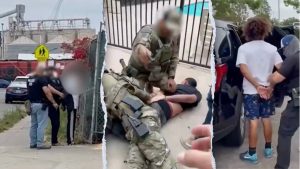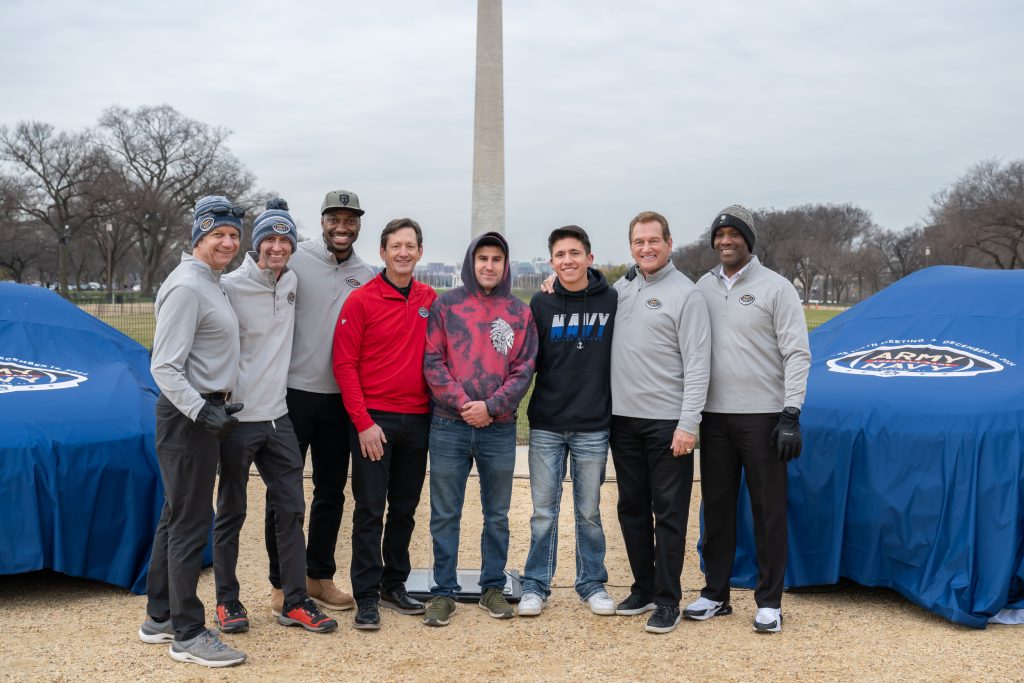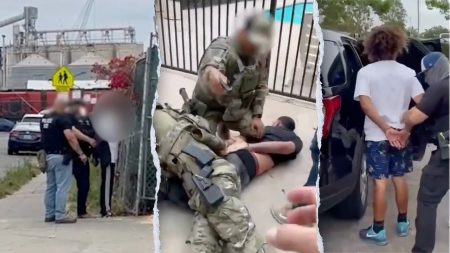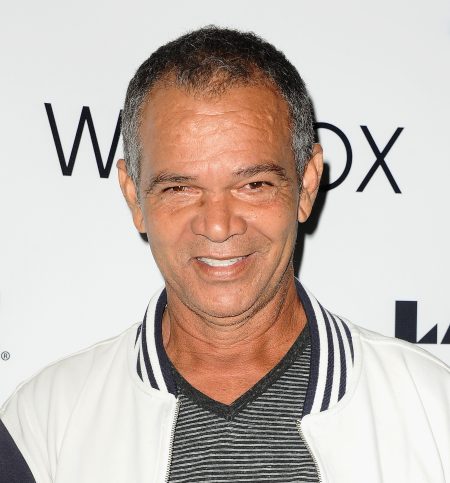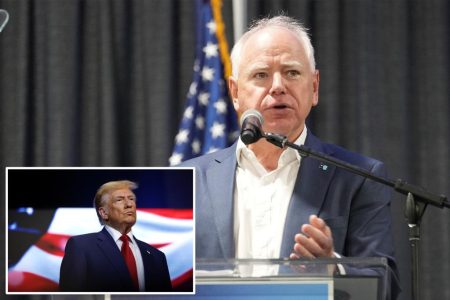Joe Theismann, the celebrated quarterback with a storied career spanning Notre Dame, the CFL’s Toronto Argonauts, and the NFL’s Washington Redskins, recently shared his insights on a range of football-related topics, from his partnership with USAA to the state of college football. He emphasized the significance of the Army-Navy game, his alma mater’s return to the College Football Playoff (CFP), and the controversial aftermath of the Michigan-Ohio State rivalry game.
Theismann’s involvement with USAA’s “Recycled Ride Giveaway” program, which provides refurbished vehicles to military members and their families, resonated deeply with him. With the upcoming Army-Navy game as a backdrop, Theismann highlighted the importance of recognizing and supporting military personnel, whom he considers true heroes. He contrasted the often-used term “hero” applied to athletes with the genuine heroism displayed by those who serve in the armed forces. Theismann underscored the role of military academies in shaping future leaders and stressed the importance of nurturing their development.
Turning his attention to college football, Theismann expressed his enthusiasm for Notre Dame’s resurgence under head coach Marcus Freeman. He praised Freeman’s ability to cultivate a cohesive team environment where players demonstrably enjoy playing together. Theismann believes this camaraderie translates to success on the field and sees it as a key factor in Notre Dame’s potential to compete against top-tier CFP contenders. He lauded both the offensive and defensive capabilities of the Fighting Irish, suggesting they possess the necessary talent and drive to challenge any opponent.
Theismann also addressed the contentious post-game events of the Michigan-Ohio State game, where a field-storming incident and the planting of a flag led to a brawl and subsequent calls for legislative action. While acknowledging the seriousness of the situation, he expressed reservations about the need for legislation. He advocated for simpler, preventative measures, such as restricting field access for fans after games, similar to practices in basketball, to minimize the risk of injury and confrontations. Furthermore, he suggested eliminating the tradition of flag planting altogether, recognizing it as a potential catalyst for escalating tensions. Theismann believes that addressing the root causes of such incidents, rather than resorting to legal intervention, is the more effective approach. He characterized the entire incident as “embarrassing.”
Theismann’s perspective on the Michigan-Ohio State incident reflects his belief in prioritizing proactive preventative measures over reactive legal solutions. He argues that addressing the underlying causes of such issues, like preventing field storming and eliminating provocative traditions, can be more effective than imposing legal consequences after the fact. He views the incident as an opportunity to re-evaluate existing practices and implement changes that promote sportsmanship and safety.
The conversation with Theismann provided a comprehensive overview of his perspectives on various aspects of football, both on and off the field. His insights highlighted the importance of supporting military personnel, the positive impact of team unity in college football, and the need for proactive solutions to address issues surrounding fan behavior. His analysis of the Michigan-Ohio State game controversy emphasizes the importance of fostering a respectful and safe environment within the sport. Theismann’s deep understanding of the game, coupled with his personal experiences and values, provides a nuanced and insightful perspective on the current state of football.

